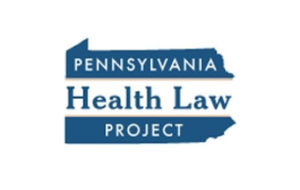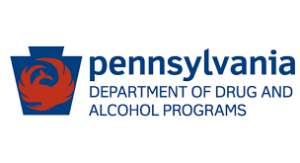PA Health Law Project Newsletter
The Pennsylvania Health Law Project has published its January 2023 Health Law News newsletter.
 Included in this month’s issue are articles about:
Included in this month’s issue are articles about:
- Pennsylvania ending its practice of paying parents to serve as home health aides
- the end of pandemic-related continuous Medicaid eligibility as of April 1
- Tempus updates for Community HealthChoices participants and direct care workers
- steps by the federal government to eliminate barriers to Medicaid eligibility for former foster care youth
- health care options for older immigrants
Read about these subjects and more in the Pennsylvania Health Law Project’s January 2023 newsletter.
 Department of Human Services
Department of Human Services Health Care Cost Containment Council (PHC4)
Health Care Cost Containment Council (PHC4) General Assembly
General Assembly Department of Drug and Alcohol Programs
Department of Drug and Alcohol Programs Shapiro-Davis Transition
Shapiro-Davis Transition Centers for Medicare & Medicaid Services
Centers for Medicare & Medicaid Services Department of Drug and Alcohol Programs
Department of Drug and Alcohol Programs During the PHE, the number of uninsured children in the state fell from 4.6 percent to 4.4 percent, but some of that improvement could be reversed as the state begins to redetermine the eligibility of more than 3.5 million people currently on the state’s Medicaid rolls after a more than two-year hiatus in eligibility reviews. Today, more than 1.4 million children in Pennsylvania are enrolled in Medicaid or CHIP.
During the PHE, the number of uninsured children in the state fell from 4.6 percent to 4.4 percent, but some of that improvement could be reversed as the state begins to redetermine the eligibility of more than 3.5 million people currently on the state’s Medicaid rolls after a more than two-year hiatus in eligibility reviews. Today, more than 1.4 million children in Pennsylvania are enrolled in Medicaid or CHIP. Included in this month’s issue are articles about:
Included in this month’s issue are articles about: